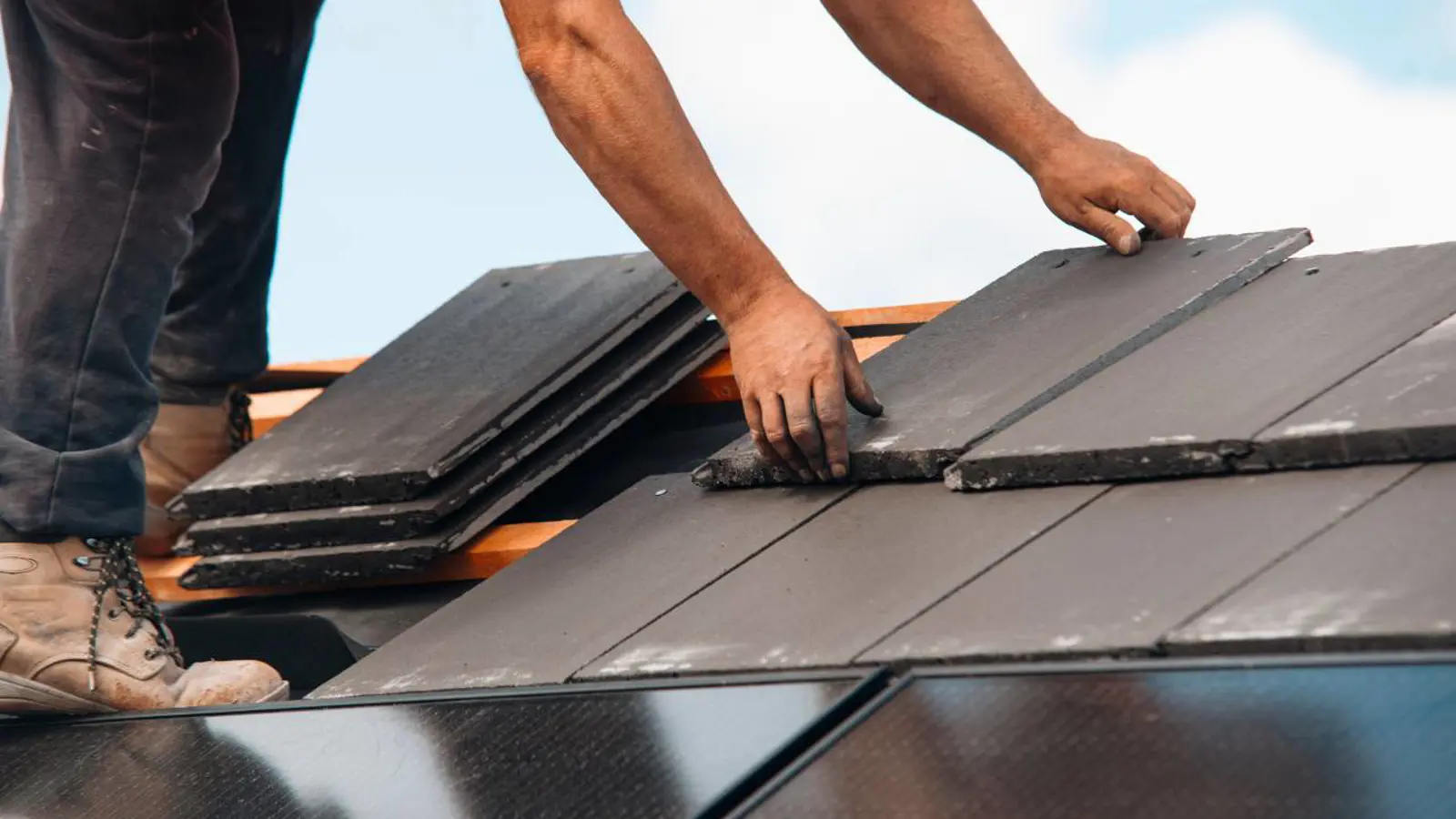How to become a roofing operative
To become a roofing operative, it’s important to gain occupationally relevant qualifications and experience. This can be achieved through completing a college course, an apprenticeship, or on the job training.
You should explore these routes to find out which is the right one for you. Although some of these options have certain requirements, employers are also interested in people who are enthusiastic, willing to learn and can follow instructions.
You may need a Construction Skills Certification Scheme (CSCS) card to work on a construction site. Once fully qualified, you are encouraged to apply for the blue skilled worker CSCS card.
To kickstart a career in roofing, the NFRC Roofing Careers Service is a great place to begin. The free to use service provides information, advice and guidance on the various roofing specialisms, the types of work roofers carry out, how to find a roofing job and much more.
College/training provider
You could complete a course at your local college such as a Level 2 Diploma in Roofing Occupations or in Roof Slating and Tiling. This would provide you with useful skills and help you gain work as a roofing operative trainee.
Apprenticeship
You could become a roofing operative by completing an intermediate apprenticeship in roofing.
You’ll need GCSEs in maths and English at grades 9 to 3 (A* to D), or equivalent to become an intermediate apprentice. If you don’t have these, you can still start your apprenticeship and complete numeracy and literacy functional skills during the apprenticeship.
Apprenticeships are open to anyone over the age of 16. As an apprentice, you’ll be fully employed by your company and expected to work a minimum of 30 hours a week. Your time will be split between on-the-job experience and a college or training provider.
Work experience
Work experience is a big benefit to gaining employment within the construction industry. You could gain this at school, or by working weekends and holidays with a company or relative who works as a roofing operative.
Potential employers will always be pleased to see work experience listed on your CV.
Work
You could find work as a roofing labourer and undertake on-the-job training to help you become a roofing operative.
Skills
Additional skills which may benefit anyone considering a job as a roofing operative include:
- Patience and the ability to remain calm in stressful situations
- Good attention to detail
- Ability to work well with others
- Be flexible and open to change
- Keen and willing to learn
- A good level of fitness and ability to work at height
- Knowledge of building and construction
- Excellent customer service skills.








